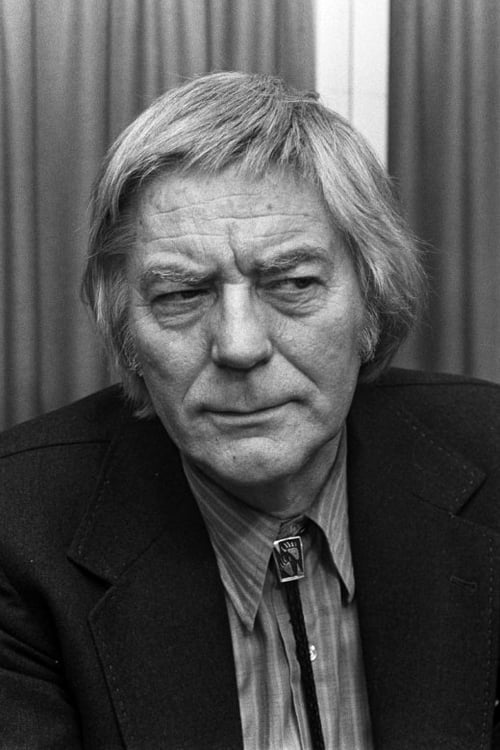The Voice of the Water (1966)
Gênero :
Runtime : 1H 32M
Director : Bert Haanstra
Sinopse
The Netherlands and water, they are inseparable from one another. Water in its soothing form, as a place of work and pleasure and as a source of threat and misery. Bert Haanstra thought it a great subject for a big cinema documentary and made The Voice of the Water. At the start, while the credits are still running, it is already apparent how remarkable and original he portrays the beauty of the landscape of the Dutch coastline. In the following ninety minutes we see numerous people that live, work and recreate on, by and in the water. Often they are being observed in a gentle humorous way that reminds us of The Human Dutch. Some people prefer to stay far away from all the wetness: the little boy having a swimming lesson, but who doesn’t dare to put his head under water, is forever imprinted on the memory of many of the viewers.
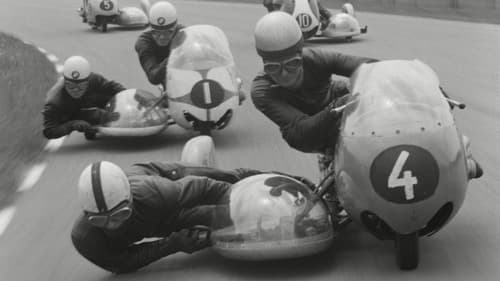
Bert Haanstra paints a portrait of The Netherlands and the Dutch, in his own unparalleled manner. Partly with the aid of a hidden camera he observes people in the most diverse situations. He shows the unusual in the usual and the usual in the unusual. The harsh years of the post war era of reconstruction have passed and for most people life is better than before.

Israel is the only country in the world where 18-year-old girls are drafted for compulsory military service. The frank testimonials of six female Israeli soldiers stationed in Gaza and the West Bank sees the young women revisit their tours of duty in the occupied territories, and share shocking moments of negligence, flippancy, immaturity and power-tripping.

On August 13th, 1961 - the night that the Berlin Wall goes up - three people must make a decision that will change their lives forever.
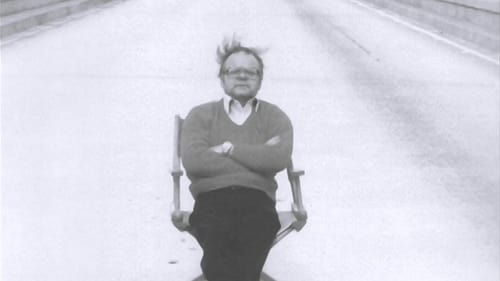
This documentary examines the life and legacy of controversial Italian filmmaker Lucio Fulci through interviews with his colleagues, each of whom answers the question, "What is your fondest memory of Lucio Fulci?". The responses are as varied as the people who knew the late writer-director, providing a nuanced look at the man behind such gory grindhouse classics as City of the Living Dead and The House by the Cemetery.

A short film by Walerian Borowczyk in two parts. The first 'panel' follows the morning routine of Leon Boyer who, despite being almost 100 years old, still farms the land, drives a vintage car, and plays with his two dogs. The second panel shows shots of beautiful flowers and a cat, to a recording of Tino Rossi singing 'La romance de Nadir / Je crois encore entendre' from Bizet's opera 'Les pêcheurs de perles'.

An off-screen narrator remembers a time he was five years old, walking to school in a heavy rain, wearing a yellow slicker and cap. He relates to us that a boy he'd never seen before ran up to him and said that it was raining worms. Our lad of five is on the cusp between believing anything he hears and entering the age of reason. He asks for proof. He holds out his hand.
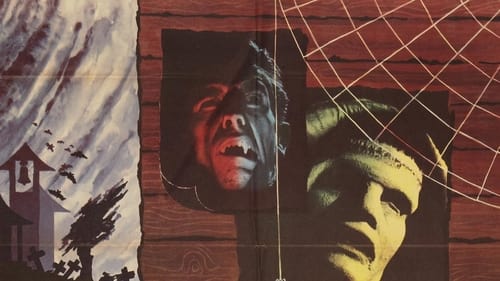
Two screwballs get mixed up with monsters, mad scientists and vampires.
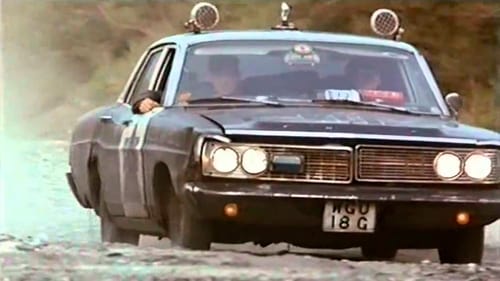
The Justified Ancients of Mu Mu, King Boy D and Rockman Rock, try to find and gain access to the mystical White Room. They leave a party at their house and drive in their 1968 US Cop Car through night-time London and the dusty plains of the Sierra Nevada region of Spain. There they face judgement: will they be allowed to enter the White Room? Meanwhile their lawyer David Franks tries to find a loophole to free them from their contract with Eternity.

At the height of Reign of Terror Maximilien Robespierre orchestrates the trial and execution of several of his fellow leading French revolutionaries including Georges Danton.

Didier, 39, an unemployed artist, depressive and hypochondriac, is persuaded he is going to die within one or two months because of the asbestos contained in his radiator. That's why he decides, as a testament destined to his retired father, to have himself filmed in the places he and his parents used to go to for their Sunday escapades when he was a kid. But, after leaving Bastogne, he hears on the radio that Marc Dutroux, the pedophile-torturer-murderer has just escaped the police forces. Totally upset, Didier decides to fork off to Grâce-Hologne, a little village close to Liège, to protect a potential victim of Dutroux.

Chapter Two represents a continuation of daily observations from the environment of Manhattan compiled over a period from 1980-1981. This is the second part of an extended life's portrait of New York.

A short treatise on the semiotics of capital, happiness, and phenomenology under the flickering neon of global capitalism.

Death By Audio, an underground art and music venue, is forced to close in 2014. The film focuses on the struggles of maintaining a community in the face of Brooklyn property development, hostile construction workers, and a one billion-dollar company.

Young Chinese-American filmmaker Wei-ming travels from New York to his childhood home on Lamma Island to make a video documentary about the imminent opening of a Disneyland theme park in Hong Kong. While doing research for the project, he meets Larry, a dancer/choreographer.
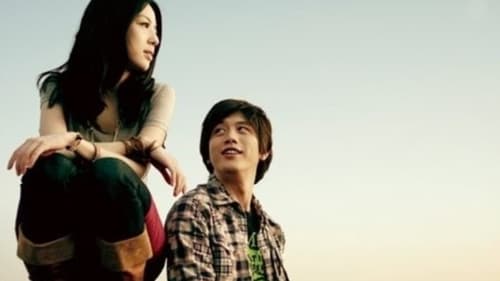
Moody, atmospheric ghost story starring Mason as a retired tradesman who purchases an old mansion that has been vacant for 40 years because it is believed to be haunted by the spirit of a young woman who had died there. Unaware of the mansion's reputation, Mason and his wife Mullen move in and hire a young woman, Lockwood, to keep house. Soon after Lockwood's arrival, strange things begin to happen in the household, and it becomes apparent that she is possessed by the spirit of the dead girl, though Mason scoffs at the idea. On death's door and bedridden, Lockwood asks for the same doctor who treated the woman who died 40 years ago. He arrives and treats her. The next morning Lockwood is cured, and it is revealed by the police that the doctor's dead body was found in his carriage hours before the time Mason claims he arrived to see Lockwood. Convinced that not only the ghost of the girl but that of the doctor as well entered his home, Mason finally believes in the supernatural.

Hutton's most impressive work ... the filmmaker's style takes on an assertive edge that marks his maturity. The landscape has a majesty that serves to reflect the meditative interiority of the artist independent of any human presence. ... New York is framed in the dark nights of a lonely winter. The pulse of street life finds no role in NEW YORK PORTRAIT; the dense metropolitan population and imposing urban locale disappear before Hutton's concern for the primal force of a universal presence. With an eye for the ordinary, Hutton can point his camera toward the clouds finding flocks of birds, or turn back to the simple objects around his apartment struggling to elicit a personal intuition from their presence. ... Hutton finds a harmonious, if at times melancholy, rapport with the natural elements that retain their grace in spite of the city's artificial environment. The city becomes a ghost town that the filmmaker transforms into a vehicle reflecting his personal mood.

“I could do wonders if I didn't have a body. But the body grabs me, it slows me, it enslaves me.” -- Ponce de Léon Our PONCE DE LEÓN discovered the fountain of youth and drank of immortality in the waning moments of his life. In an instant, he became old forever – an 80-year old Spaniard who would continue to walk the earth for century after century after century, watching as coral foundations gave way to mangrove swamps, as swamps were drained and buildings were erected, as buildings decayed and swamps returned. Our PONCE DE LEÓN is an immortal for whom time poses the greatest dilemma – it is a constant, a given, and his personal battle lies in trying to either arrest time entirely or to make the hands on his clock move ever faster. For Ponce de Léon, time is a problem of body, and only by escaping his container can he escape time itself.
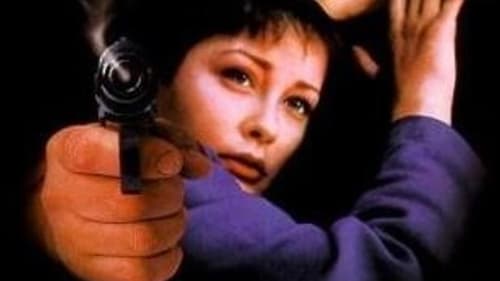
A loving couple struggle to fend for themselves in modern day Los Angeles, One a loner and down and out, the other a lonely but hardworking secretary. Eventually, as cracks form in their passionate relationship, they resort to robbing an aging actress for money.
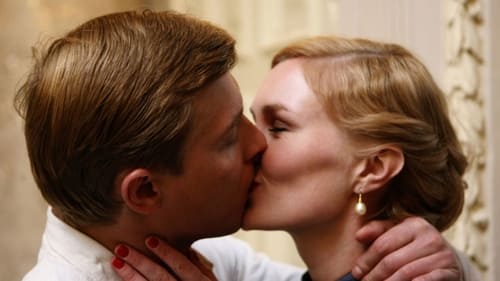
Iskyss is a strong and poetic love story based on Gunvor Galtung Haavik’s double life through 30 years. During the Cold War, she was employed by the Norwegian Ministry of Foreign Affairs, and assigned to the Norwegian Embassy in Moscow. With the information she had access to in the capacity of her position as interpreter and secretary, she frequently fed the KGB secret information.

The third part in a series of films dealing with naturally-derived psychedelia. Shot during a performance by Rhode Island noise band Lightning Bolt, this film documents the transformation of a rock audience’s collective freak-out into a trance ritual of the highest spiritual order.

